Molly-Mae Hague Is The New Creative Director Of PrettyLittleThing, And It’s Disappointing At Best
Yesterday it was announced that Molly-Mae Hague, successful social media influencer and Love Island runner-up, has been appointed as the new creative director of fast fashion brand PrettyLittleThing (PLT). It was guessed by many fans that she would be taking the realm after PLT’s social media went dark for 24 hours, especially since Molly-Mae has a close connection with the brand, but her official announcement on social media has taken platforms by storm, with many speaking out.
Twitter and Instagram demonstrate a large disparity between the thoughts of the general public. This may be due to the fact that Molly-Mae can block and manipulate comments on her Instagram more easily, whereas Twitter is a battleground of individual thought. “I’m beyond ecstatic to announce that I am the new CREATIVE DIRECTOR of PrettyLittleThing for UK/EU. This is the biggest move in my career so far and I can’t explain my gratitude to my favourite brand in the world for trusting me with this role,” Molly-Mae wrote on Instagram. “PLT have had faith in me from the VERY start and to now be a director within the business feels like a complete dream come true.” Comments about this announcement on her page seemingly present themselves as overwhelmingly encouraging and positive, with many fans congratulating Molly-Mae on her new position and the elevation it brings to her career.
On Twitter, however, many are speaking out against the change: “Congratulations but this is a job people get degrees for and work hard for years to get experience for!! Seems a little unfair for those people,” said one user on Molly-Mae’s most recent post regarding her PLT position. “Fast-fashion from brands like PLT is killing the planet and harming underpaid garment workers, literally nothing to celebrate here,” said another. All of these comments have fair justification, since PLT is notorious for its unethical, unsustainable and impractical practices. Here, we explore the brand more contextually, and hope to provide readers with practical knowledge on why this isn’t such a great move. Brands such as PLT must be held accountable, and those associated with the brand must be recognised for the faults that they are complicit in.
How PrettyLittleThing Began
PrettyLittleThing was co-founded in 2012 by billionaire Umar Kamani and his brother Adam. Beginning as an accessories-only brand with limited products on their site, the company has since become a globally influential enterprise within the fast fashion market, now selling womenswear, footwear, accessories and beauty products, with a range of collaboration capsules to compliment their constantly changing clothing lines. Celebrities including Miley Cyrus, Michelle Keegan, Rita Ora, Jessie J and Nicki Minaj have all been seen wearing PLT products.
PrettyLittleThing was owned by the Kamani brothers until January 2017, after which it was acquired by their father Mahmud Kamani, who also owns infamous fast fashion company Boohoo. Boohoo acquired 66% of the company, launching kids lines and drawing attention to itself as “one of the top three fastest growing fashion companies”, according to Hitwise. In 2020, Boohoo acquired the remainder of PrettyLittleThing, and continued to expand internationally, launching their Middle Eastern website and growing their US, Irish, Australian, French and Canadian markets.
Part of why the brand is so successful is due to its collaborations with influential celebrities and stars. PLT has an extensive list of celebrities showcasing its garments, all from different sectors and industries with high followings; they have collaborated with women from the Kardashian family, including Kylie Jenner, as well as figures such as Sofia Richie, Teyana Taylor, Ashley Graham, Hailey Baldwin, Saweetie, Jordyn Woods, Lil Kim, Molly-Mae Hague and more. According to an interview with Umar Kamani at The CEO Magazine, PLT’s social media optimisation helps explain why the brand has such an “extraordinary online victory”. Instead of spending millions on costly TV adverts and retail, they use social media and collaborative capsules to build their customer fanbase, utilising tech as a way to build their fashion empire.
The Problems Arising From The Brand
In the same interview, Kamani was very quick to argue that PLT “democratises” the fashion industry, “ensuring that our products are within everyone’s reach, not just those with lots of disposable cash”. But with the company accused of conducting modern-day slave labour in order to create garments at unprecedented low costs, it’s a stretch to watch billionaires argue that they are saving the poor. According to investigations by Forbes and The Sunday Times, the brand has found itself embroiled in yet more controversy with claims that the company is paying workers as little as £3.50 an hour in their garment factories. It's in these factories in Leicester that Coronavirus has been spreading rapidly. Home Secretary Priti Patel launched an investigation into these factories in collaborating with the NCA (National Crime Agency) on claims of modern slavery, describing the allegations as “truly appalling” and adding that she would “not tolerate sick criminals forcing innocent people into slave labour and a life of exploitation.”
This act of making fashion more ‘democratic’ seems ironic in an industry which silences the opinions of its own garment workers, who get paid marginally below the minimum wage - and this is without even mentioning the environmental impact. On the Good On You directory, PLT’s environmental rating is labelled as “not good enough”, highlighting the brand as one to avoid: “It doesn’t use eco-friendly materials. There is no evidence it has taken meaningful action to reduce or eliminate hazardous chemicals.” PLT’s animal rating is also poor, and “there is no evidence that it has a policy to minimise the suffering of animals, with no evidence showcasing that it traces any animal product to the first stage of production.” For Black Friday, clothes on PLT were costing as little as 5-9p, with 99% discounts being used on their more expensive products such as coats and dresses. Ew.
The lack of transparency on where these clothes are being produced is scary as both a consumer and human rights activist. Without transparency, we have no idea what goes on in PLT’s supply chains, with garment/slave-workers being silenced from their own unaccredited work. These people could be children, exploited, vulnerable, underpaid - and we the consumers are none the wiser. It’s dangerous to celebrate the work and milestones of a company that is so problematic.
Molly-Mae’s Position
So, the question to ask is, should we be celebrating Molly-Mae’s promotion? Sure, a creative director is an exciting position to be in, but Molly-Mae’s lack of fashion knowledge, as well as the brand’s lack of accountability, is alarming. This is a key example of how connections and money can grow your career; fashion students work endlessly to get on the bottom rung of the ladder, while Molly-Mae has modelled herself into success. Viewed online as a feminist superstar, she rose to fame on Love Island and has since distinguished herself as a successful influencer, but she has no prior commitment to the climate emergency and no experience in tackling such a problem. It’s extremely doubtful that she will be making drastic changes (for instance, improving transparency and sustainability) to a company that she has already benefited from. Though many other influencers are celebrating Molly-Mae’s new position, it also cements her standing as a directly accountable contributor towards the climate crisis. Hopefully, we will see drastic improvements in the brand and a complete system change for PLT. But I doubt it. If Molly-Mae is to make her mark in fashion and stay within the industry, she must change the system she is now immersed in drastically from within, else her career in fashion risks dying out very quickly.
Simply hiding and/or deleting comments that call you out does not make a problem disappear. The climate emergency is worth more than money, and should be a key aspect of conversations when new positions in business become available. Fast fashion brands such as PrettyLittleThing should be hiring environmentalists to help revolutionise their brand so that it can be more sustainable and reach all different demographics, rather than simply celebrities who have no impact on or interest in global development. It is the environment, not social media, that is our future, and Molly-Mae, a beautiful young entrepreneur who has done exceptionally well to capitalise on her Love Island fame, has now forever associated herself with a rather ugly image.




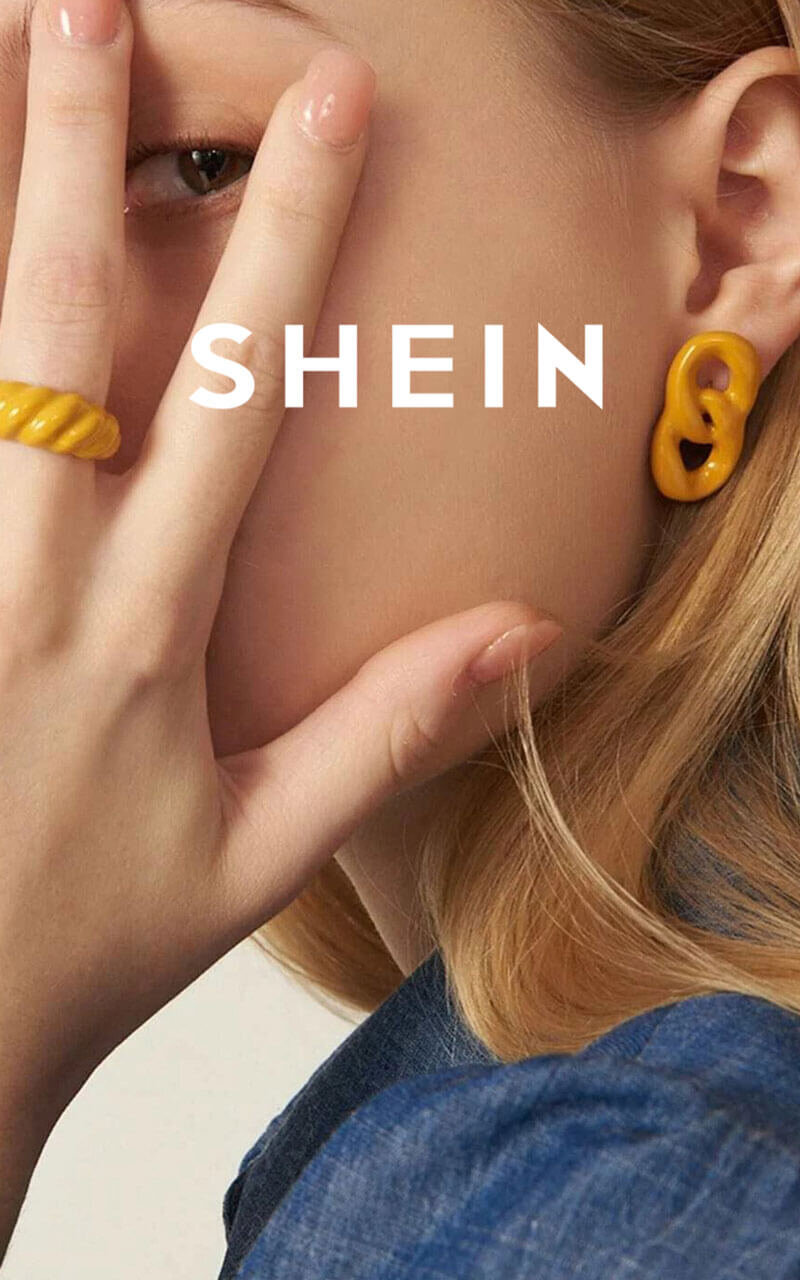
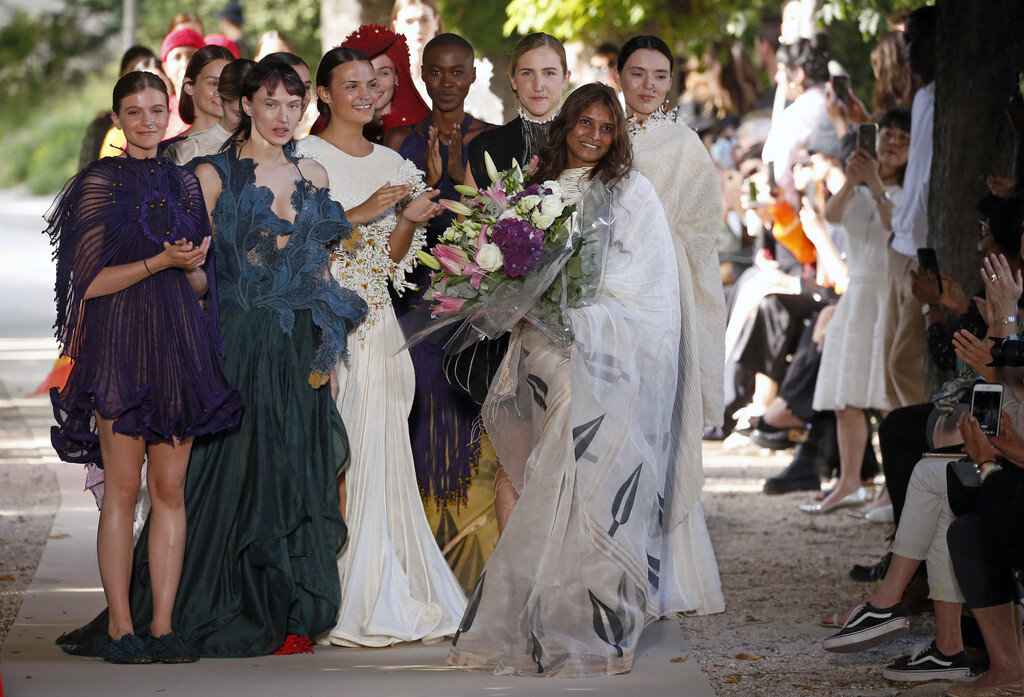


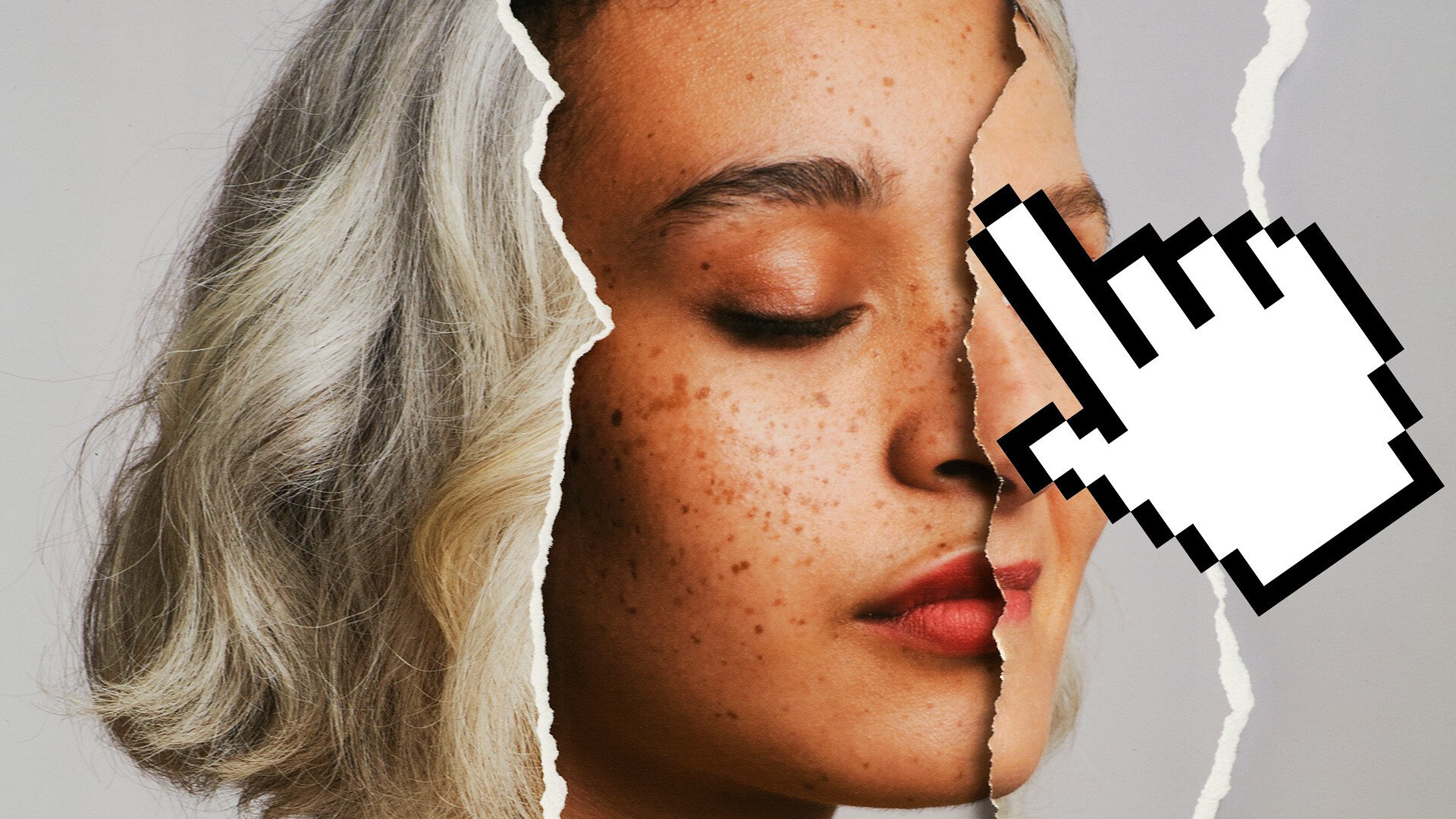
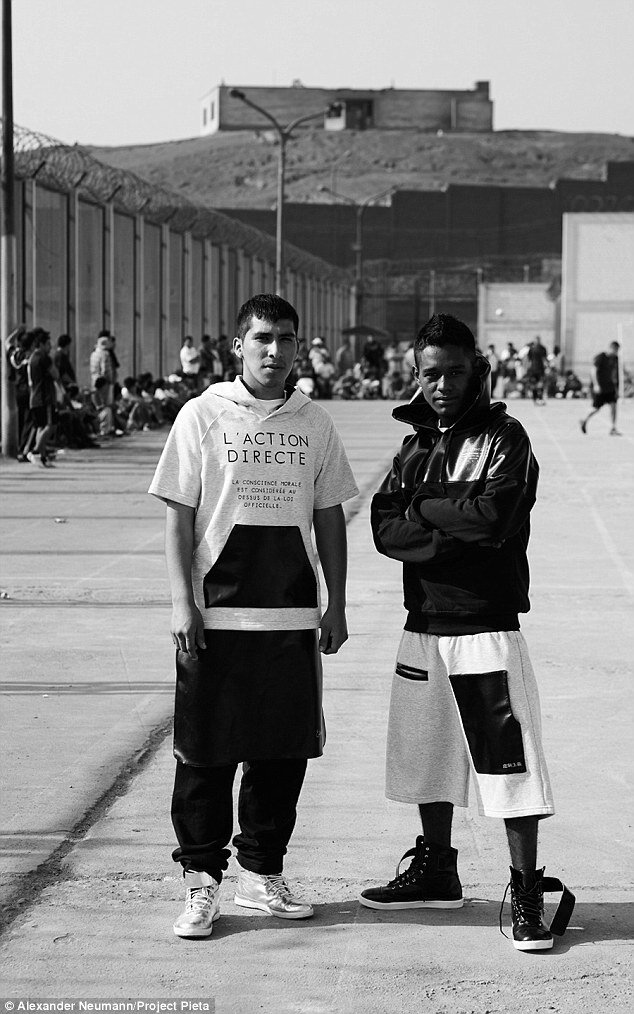
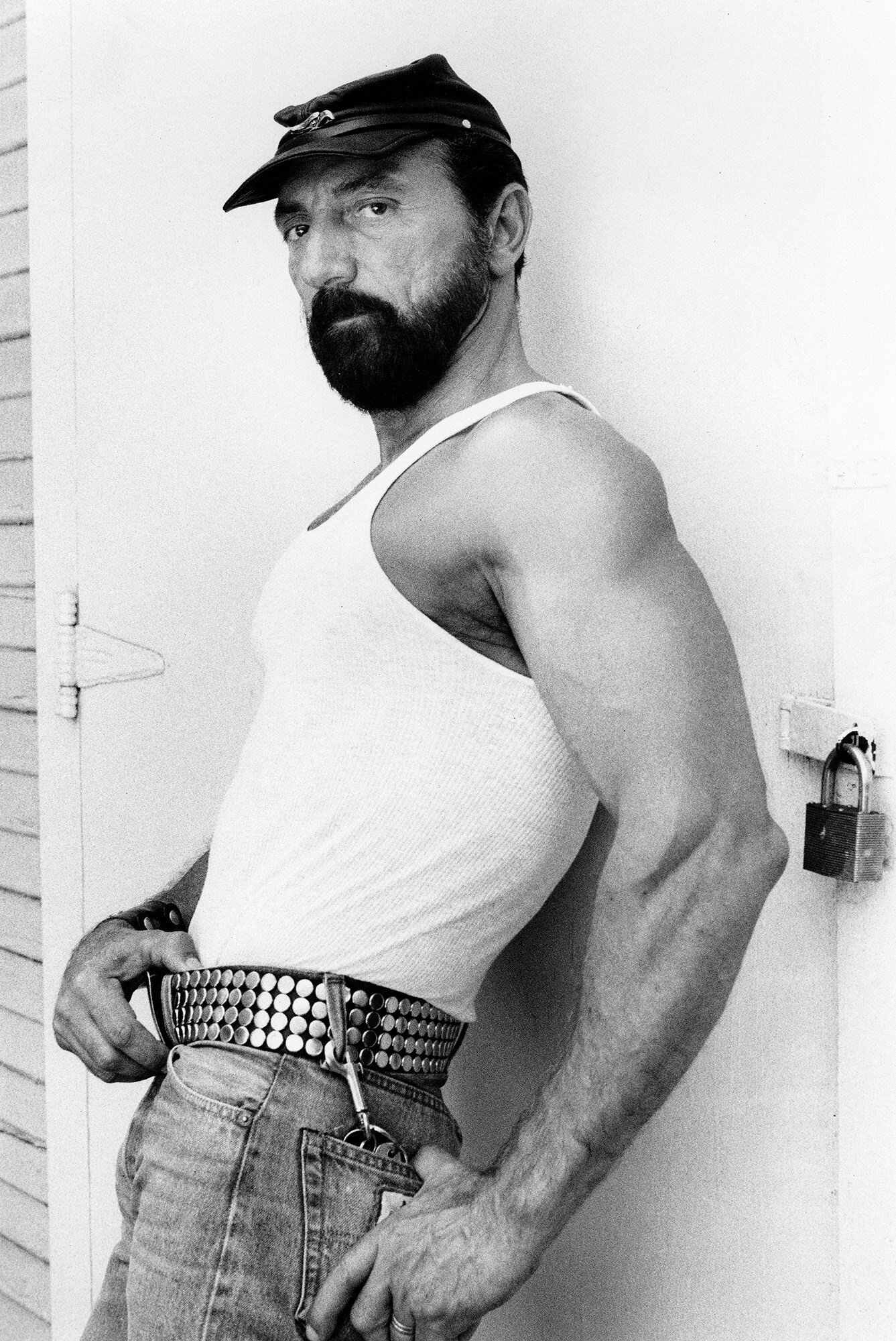


In the wake of England’s UEFA loss against Italy, and the racist attacks on players that followed, MATERIAL reconsiders the history of the ‘three lions’ and its problematic connotations.